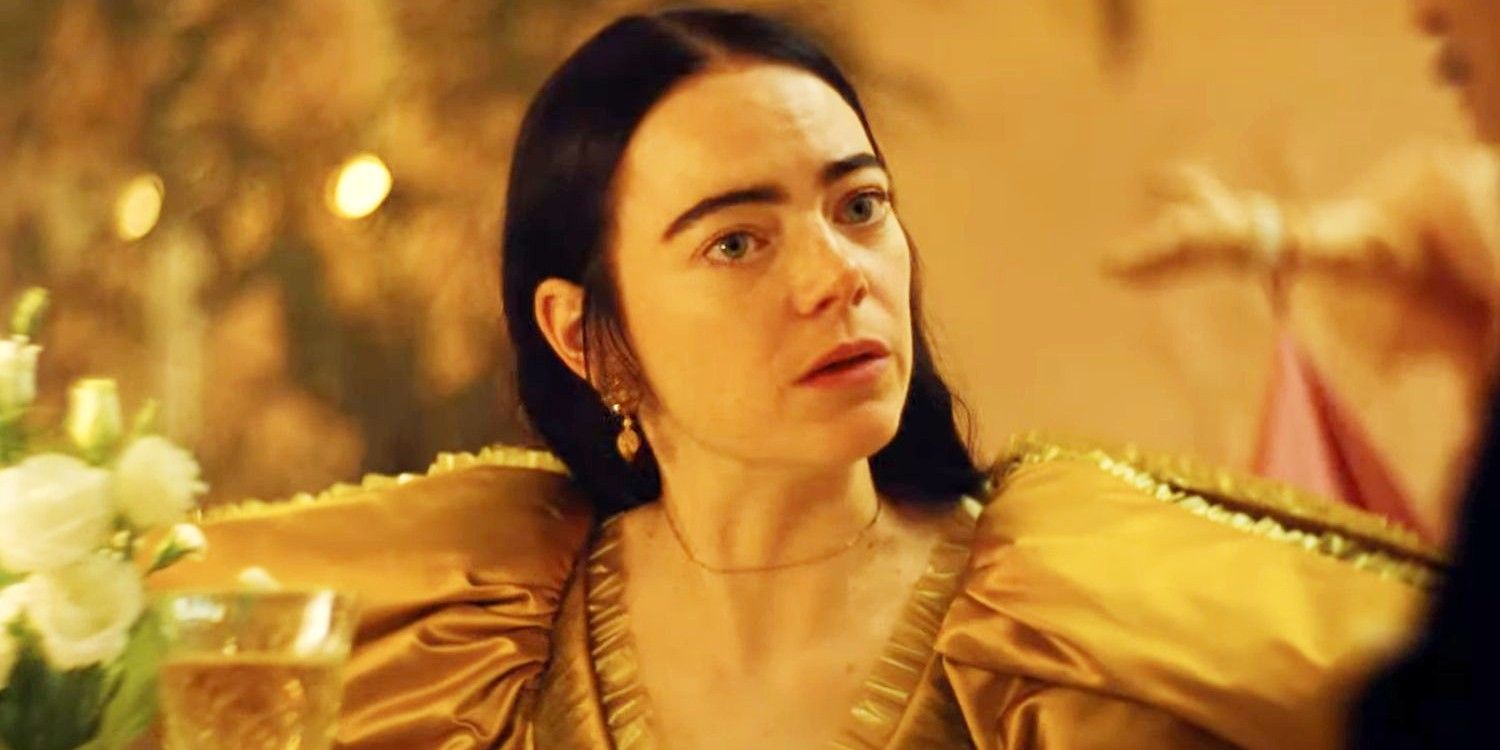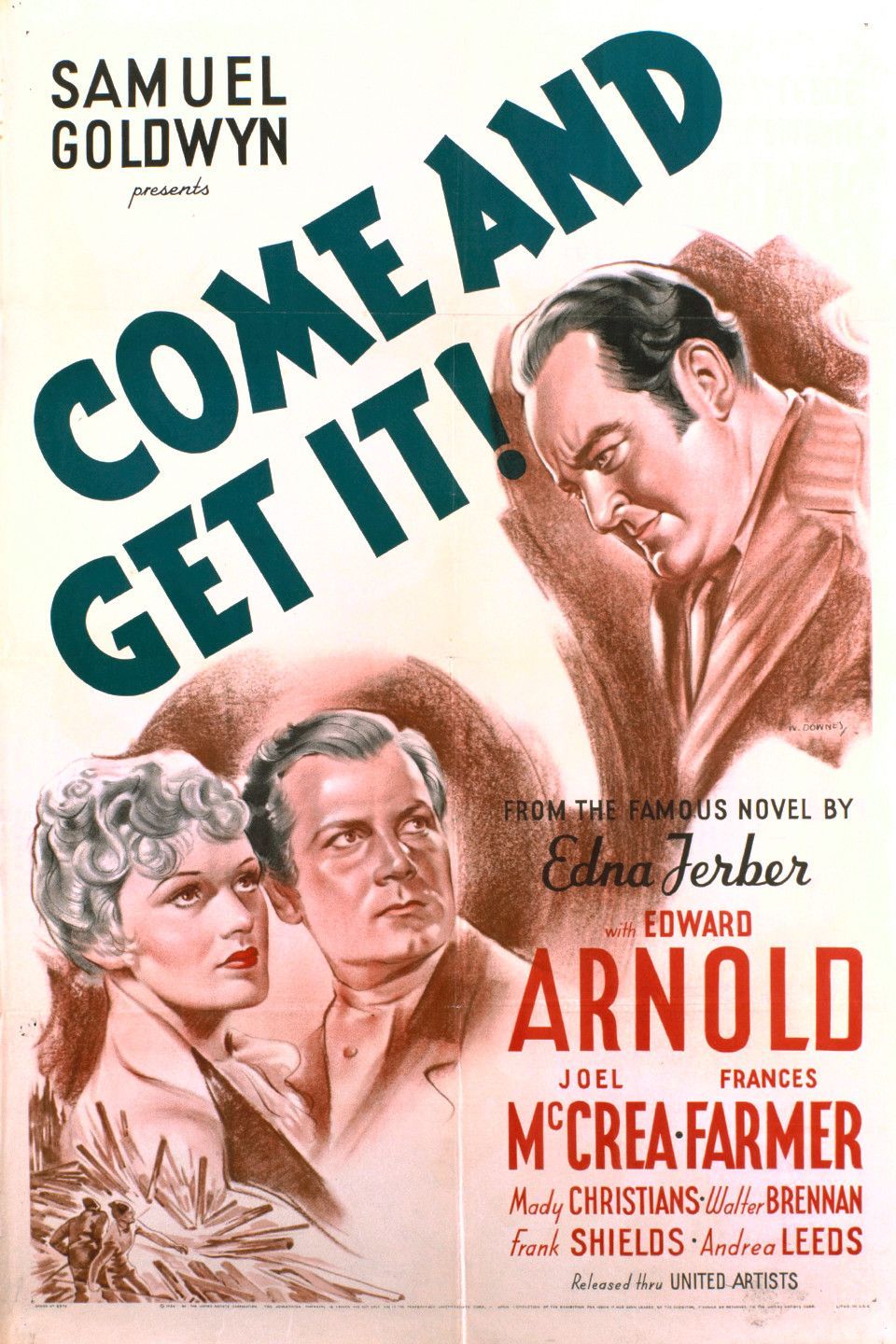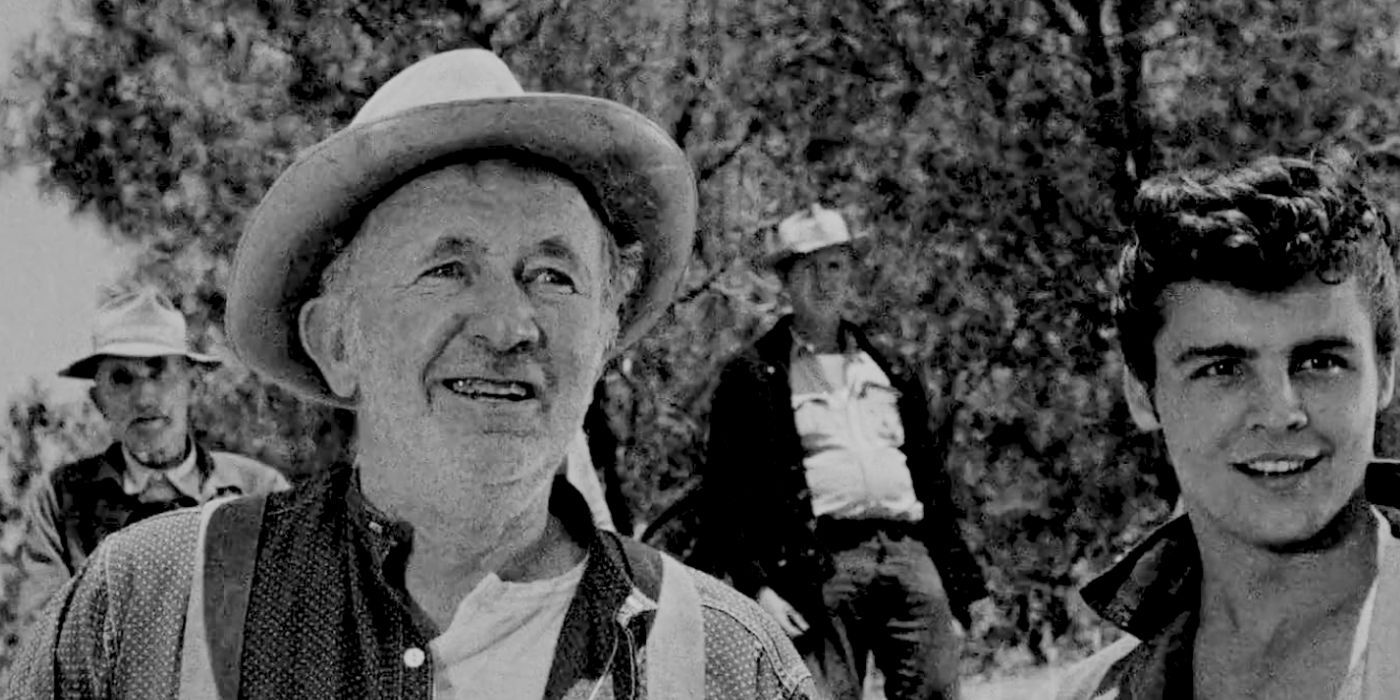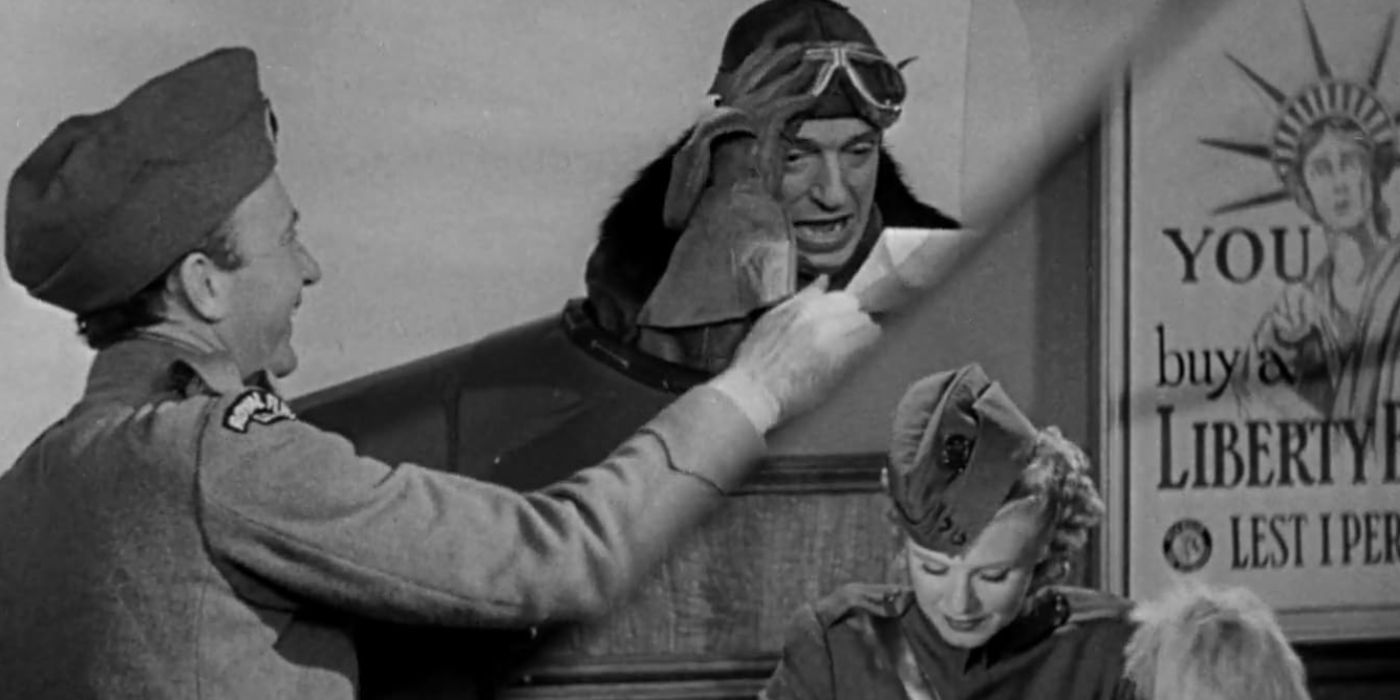Summary
- Despite winning three Oscars, Walter Brennan isn't a household name among Hollywood icons like Meryl Streep or Daniel Day-Lewis.
- Brennan's popularity with extras led to his unprecedented success at the Oscars, changing the voting process for the Academy Awards.
- The Academy's decision to disallow extras from voting after Brennan's three wins reshaped the voting body and impacted his later career.
One Western movie actor made a name for himself in Hollywood by excelling in the beloved genre — so much so that he won an impressive three Oscar statuettes. Despite the performer's success, the Academy of Motion Picture Arts and Sciences (AMPAS) used the actor's landmark achievements to change the voting rules for its Academy Awards. Meant to honor artistic and technical merit in the film industry, the annual Academy Awards have changed quite a bit since their inception in 1929. Since the Oscars are the oldest worldwide entertainment awards ceremony, the substantial changes it has weathered aren't entirely surprising.
Still, the Academy Awards have continually come under fire for the demographic breakdown of its voting body, among other issues related to the voting process. Split into different branches — each representing a discipline in film production — the AMPAS voting membership pool is nearly 9,500 people strong today. In previous decades, the voting body might have been more narrow by the numbers, but, in terms of voting rights, the Academy arguably afforded better representation across film production's many disciplines. However, that all changed when a Western movie star won his unprecedented third Oscar.

Robert Downey Jr.'s Oscar Win Completes Improbable & Incredible 23-Year Comeback
Robert Downey Jr.'s landmark Oscar win marks a career highlight of the celebrated actor, who finally took home an Academy Award for Nolan's epic film.
The 3 Movies Walter Brennan Won Oscars For (& What Else He Was In)
Before becoming an Oscar-winning Hollywood actor and singer, Walter Brennan served in the U.S. Army during World War I. While on the front lines in France, Brennan was exposed to mustard gas — an incident that left him with his "screen trademark" of a "reedy, high-pitched voice" (via Turner Classic Movies). After returning home, Brennan earned a fortune in real estate, though his success was short-lived. By the mid-1920s, the penniless former writer earned money as an extra in Universal Studios' motion pictures. Over the span of a decade, Brennan appeared in over 100 films.
|
Film Title |
Year |
Oscar Win |
|
Come and Get It |
1936 |
Best Supporting Actor |
|
Kentucky |
1938 |
Best Supporting Actor |
|
The Westerner |
1940 |
Best Supporting Actor |
An extra with just uncredited and minor roles under his belt, Brennan earned his big break in 1935 when he was cast in producer Sam Goldwyn's The Wedding Night alongside Gary Cooper. Not only did his Wedding Night role grow into something bigger, but it landed Brennan a contract with MGM. Over the next year, Brennan had more significant parts in Howard Hawks' Western Barbary Coast, Fritz Lang's Fury, and as one of the title outlaws in MGM's Three Godfathers. This led Walter Brennan to win three Oscars in five years for Come and Get It, Kentucky, and The Westerner.
How Walter Brennan Won 3 Oscars In Quick Succession
Walter Brennan was able to win so many Oscars in quick succession because he was popular with extras.
Despite winning an impressive three Oscars, Walter Brennan isn't a household name. From Katharine Hepburn and Meryl Streep to Daniel Day-Lewis and Frances McDormand, all the other actors in Brennan's company are icons. As one of only three men to win three Oscars — and the only man to win three statuettes in the Supporting Actor category — Walter Brennan seems like someone audiences should know more about. Although he boasted noteworthy performances in films like Red River and Rio Bravo, Walter Brennan was able to win so many Oscars in quick succession because he was popular with extras.

Emma Stone's Oscars Win Puts Her In The Same Club As 14 Other Actresses (Including Meryl Streep)
Emma Stone won the Academy Award for Poor Things, an achievement that places her in the company of just 14 other actresses, including Meryl Streep.
How The Oscars Rules Were Changed Because Of Walter Brennan
After he won a third Oscar in just five years, the Academy of Motion Picture Arts and Sciences barred the extras union from voting in the Oscars.
As a former extra, Walter Brennan was beloved among other actors who made their living in Hollywood with minor parts. Popular with the extras' union, Brennan nabbed his wins because extras could cast votes in the earliest iterations of the Academy Awards. After he won a third Oscar in just five years, the Academy of Motion Picture Arts and Sciences barred the extras union from voting in the Oscars. The following year, Brennan, who had been nominated for his role in Sergeant York, lost the Best Supporting Actor race for the first time in his career.

The Oscars Failed Their Stunt Performers Celebration
Even though the Academy Awards made an effort to recognize and celebrate the stunt performers in movies, the 2024 Oscars ultimately failed them.
With extras disenfranchised by 1941 because of Brennan's landmark wins, the Academy of Motion Picture Arts and Sciences' voting body looked incredibly different. The narrowing of the voting membership not only impacted filmmakers' sentiments toward AMPAS, but likely re-shaped the trajectory of Brennan's Academy Awards path. Although he's best remembered for co-starring in Westerns and playing supporting parts in romantic epics, there's no denying that Walter Brennan is one of the most prolific character actors ever, especially since he has a whopping 230 film and TV roles to his name.
Source: Turner Classic Movies

Come and Get It
- Director
- Howard Hawks , William Wyler , Richard Rosson
- Release Date
- November 6, 1936
- Writers
- Edna Ferber , Jane Murfin , Jules Furthman
- Runtime
- 99 Minutes




